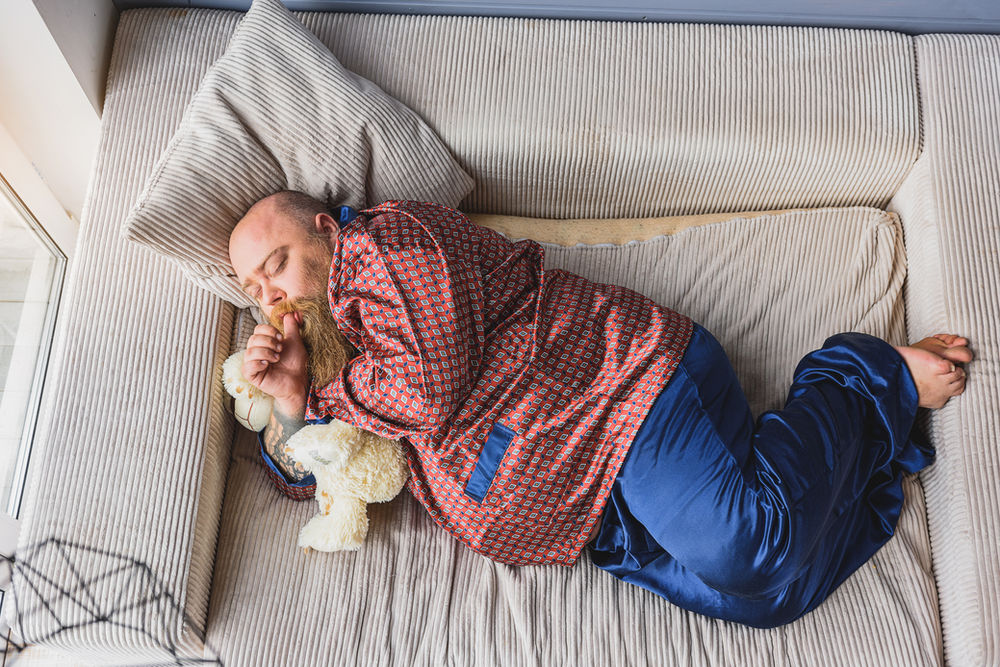A sleep study (technically known as a polysomnogram) is a procedure which is used to diagnose a range of common sleep disorders.
It involves complex monitoring of a range physiological activities while sleeping, in particular measuring:
- Breathing
- Oxygen levels
- Leg movements
- Brain wave activity
- Eye movements
- Heart rate
- Body position
This helps doctors to understand how and when the body moves into different stages of sleep and what other phenomenons occur overnight.
Sleep studies are usually required because there is evidence of snoring, tiredness, choking while asleep, restless legs, waking unrefreshed or morning headaches.
The two main kinds of sleep studies are attended (level-1) or home (level 2).
Attended sleep studies involve going to a hospital or sleep centre, where you are guided through the process by a sleep technician and given information about what will occur.
The technician will monitor you throughout the night to ensure your wellbeing and a comprehensive collection of data.
Home sleep studies, as the name would suggest, are sleep tests conducted at home. They are not quite as thorough as an attended study, but are still effective at diagnosing disorders like Obstructive Sleep Apnea (OSA).
For a home sleep test, you are set-up with equipment to wear overnight, which is then returned in the morning so that the collected data can be examined.
Regardless of the type of sleep test, a follow up appointment is important so that you can discuss the results with your doctor and work out what sort of treatment is required.
If you, or someone you know, struggles with getting good quality sleep then talk to a doctor. Get in touch with us and book an appointment with your GP so that you can start getting a good night’s rest.
Sleep well, live well.



